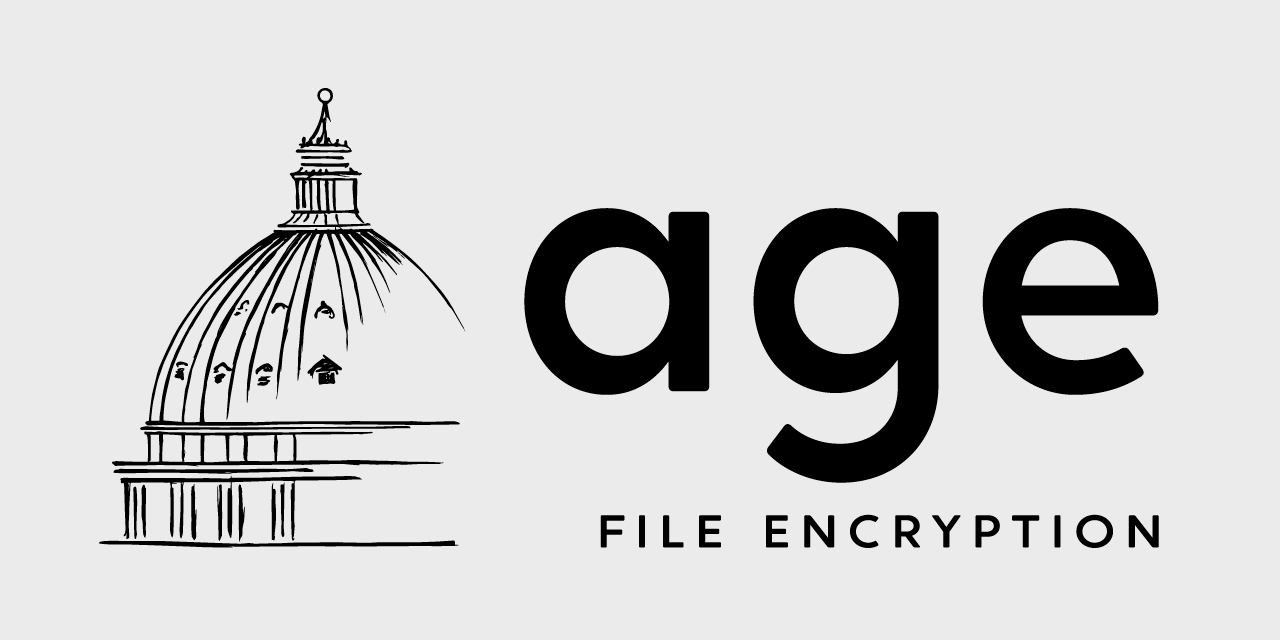

While it may not be in the official F-Droid repo, it certainly is in the IzzyOnDroid repo.
libsodium-file-crypter hasn’t received any commits in the past 4 years. Looks abandoned to me.
There is this tool called [age](https://github.com/FiloSottile/age) written in go and a fully compatible Rust implementation called [rage](https://github.com/str4d/rage). They promise to be a simple tool for encrypting files and other things.
It only does encryption, using public key cryptography (Curve 25519 or SSH keys) or password based symmetric encryption. *(Please excuse me glossing over some details here)*
It only encrypts things, no signatures beyond [AEAD](https://en.wikipedia.org/wiki/Authenticated_encryption) involved. It aims to be minimalistic and do just one thing reasonably well instead of being a mediocre multi tool. It doesn't aim to be a full replacement for things like OpenPGP.
AFAICT there hasn't been a proper security audit yet. There seem to be some issues with the design as pointed out [here](https://neilmadden.blog/2019/12/30/a-few-comments-on-age/) which don't look like critical flaws to me, but then again I'm not a cryptography expert.
Some of the questions I want to throw into the discussions are:
* Is it any good?
* In which situation would you use it?
* What are some alternatives that do it differently or maybe even better and why is that?
Bonus question: Is there a similar tool that uses an audited library like libsodium, and if not, would it be worth developing one?
Check out FreeDOS. It ships a text editor. You can find more than one spreadsheet application on archive.org. I’m not sure about mind maps though. Also, internet works if you want it to but it’s totally optional.



You can use the linux command
pwgento generate usernames. With the right arguments, it generates almost pronouncable names of random syllables.pwgen -A01 [<length> [<amount>]]is the general syntax.-A01makes it so that you get all lowercase without numbers and one username per line. The<length>parameter lets you choose how many characters your username should have and the<amount>parameter lets you choose how many usernames it should suggest.Example: 5 usernames with the length of 10 characters: